The Novel as Shaggy Dog Joke
On Nicholson Baker's The Mezzanine and novels whose pleasures are in denying our expectations
This week I taught an old favorite, The Mezzanine by Nicholson Baker, which is one of those novels I believe every young writer should read for the “What the hell? You’re allowed to do that??” factor. The Mezzanine—which was Baker’s debut in 1988—serves as rebuttal to all the usual writing advice about the importance of plot, inciting incidents, character arcs, showing instead of telling, and so on and so forth. Such advice isn’t bad, of course, but it’s always useful to remember there are no actual rules and absolutely anything can be done in fiction if done well.
Briefly, the plot (such as it is) of The Mezzanine is that an office worker needs new shoelaces and goes to CVS to buy some during his lunch break. He then returns to the office. The present action of the story is even narrower: the novel starts with the man entering the lobby and approaching the escalator and ends with the man reaching the top of the escalator. The entire story takes place in the character’s digressions, observations, musings, and memories during this brief walk across the lobby and ride up the escalator. Even here, Baker bucks the conventions of your most plotless, stream-of-consciousness novel. The seemingly stream-of-consciousness thoughts are embrace metafictional artifice with footnotes and lists. (There’s also the humorous absurdity of a character having a novel’s worth of thoughts in the span of one to two minutes of “real time.”) And the thoughts are focused on the most mundane topics imaginable—shoelaces, plastic straws, CVS lines, etc.
This is not to say the novel is mundane much less boring. Baker provides delightful descriptions and observations—“the brontosaural head of the stapler,” how cleaning one’s glasses involves “making bribe-me, bribe me finger motions,” and the way intestinal distress in the stalls of a corporate bathroom can “[sound] like air blown over the mouth of a beer bottle”—and plenty of insights into life, which is after all made up mostly of mundanity. The novel itself may throw out all the “rules” of fiction, but it also fulfills one of the most foundational goals of literature. That is, Shklovsky’s notion that the point of art is to make us see things in a new way.
This post on Dennis Cooper’s blog describes it well:
Part of the brilliance of this book is that Baker defamiliarizes those things about life that are so familiar that they go completely unnoticed; e.g., broken shoelaces, the unspoken norms of public restrooms, the form and feel of a cardboard milk carton. Whereas someone like Proust would first have to draw our attention to a detail of life that we might not have been aware of (effectively familiarizing it before defamiliarizing it), Baker has chosen those things that are part of our common consciousness. Thus, first we feel the strange deja vu that comes when were reminded of some part of life that we know intimately but have probably stopped noticing, and then, only after that has been established, Baker places this moment into an entirely new context.
Anyway, I highly recommend you give The Mezzanine (link to Bookshop.org) a read if you haven’t before. And if you have, why not a reread?
Many writers have compared short story writing to joke telling before. Short stories often, in a certain light, function like jokes. We except both to end in an “inevitable yet surprising” way, whether punchline or epiphany. In my own reread of The Mezzanine I couldn’t help but thinking how much I admire novels that essentially function like a very particular type of joke: the shaggy dog joke.
If you’re not familiar with a shaggy dog joke, the gist is they take the form of a joke yet deny the expected punchline for as long as possible by stretching out the set-up. There’s typically still a punchline, often of a groaner variety. Although sometimes the punchline is that there is no punchline. Either way, the pleasure is not in the punchline—the joke part of the joke—but rather in the telling. It’s the journey, not the destination, maaaaan.
If you’ve seen The Aristocrats documentary, that’s a sort of dirty version of the shaggy dog joke. But my own preference is for shaggy dogs that try to be depressing as hell, offering tales of woe where listeners expect a lighthearted pun. I have my own versions—and yes I’ll tell you one IRL if you corner me at a party after I’ve had a drink or two—but favorite example is the moth joke from Norm McDonald:
Shaggy dog jokes are fun to tell in large part because they’re a challenge. You attempt to stretch out the joke for as long as possible improvising new details and digressions. How much can you subvert expectations while still keeping their attention?
There’s a similar principle at work with a novel like The Mezzanine. The reader comes in with certain expectation of the form of a novel—plot resolution, character growth, etc.—and the author denies those for as long as possible (and perhaps entirely). Much of the pleasure becomes in seeing just how the author can achieve this highwire act and for how long. And, because this is literature, the pleasure is also in how the author can manage to wring meaning without the old standbys of plot arcs and character arcs.
What other books could we put in the category of Shaggy Dog Novels? Franz Kafka’s The Castle seems like a foundational text here. Kafka takes a straightforward plot of a man on a quest to get into a castle, but then denies the reader the expected resolution. The hero is presented with increasingly bizarre obstacles. The quest can never be completed and no progress can be made. The meaning comes through the very denial of that goal.
That Kafka’s work fits here shouldn’t be a surprise. Real Kafkaheads know that Kafka’s work is always hilarious and quite joke-like in structure:
In the tradition of The Castle, there is also Dino Buzzati’s stellar The Tartar Steppe (most recently translated as The Stronghold). In this novel, a soldier waits in a stronghold for an invading army that always seems on the verge of arriving, even though that moment stretches out for decades.
Another I think of is Kobo Abe’s The Ruined Map, a hardboiled noir pastiche where the detective seems to get further from the truth the more clues he finds. I don’t think denying expected plot resolution is the only way to write a shaggy dog novel. Many Oulipean novels function in a similar ways. Georges Perec’s A Void, a novel written entirely without the letter “e” (beyond the author’s name), might fit the bill. You read to see how long the author can keep this linguistic trick up and still be entertained. Also surrealist novels, such as Leonora Carrington’s The Hearing Trumpet, that undermine our expectations of story and reality. And something similar is at work in novels that are written in unusual forms or styles, such as Lucy Ellman’s Ducks, Newburyport (largely one extremely long sentence), Alejandro Zambra’s Multiple Choice (written in the form of an SAT-type test), or Milorad Pavić’s Dictionary of the Khazars (three contradictory encyclopedias).
Some readers will find these novels “pretentious” or “gimmicky,” claiming the authors are just showing off what they can do. Well, so what? Why shouldn’t authors show off what they can do and try to push their artform as much as possible?
It reminds me of some life advice I got once—and which I’ve been mulling over for many years since—when I was feeling forlorn after a hard day at work and the usual depressing state of the world, and I decided to drink my worries away at a local dive bar down the street, where I happened to strike up a conversation with an old man who was grumbling over a glass of whiskey and holding a leash attached to the absolute shaggiest dog I had ever seen….
If you like this newsletter, consider subscribing or checking out my recent science fiction novel The Body Scout that The New York Times called “Timeless and original…a wild ride, sad and funny, surreal and intelligent.”
Other works I’ve written or co-edited include Upright Beasts (my story collection), Tiny Nightmares (an anthology of horror fiction), and Tiny Crimes (an anthology of crime fiction).





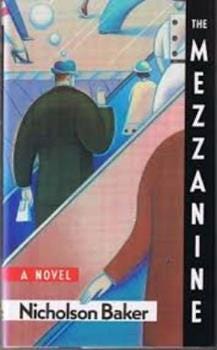
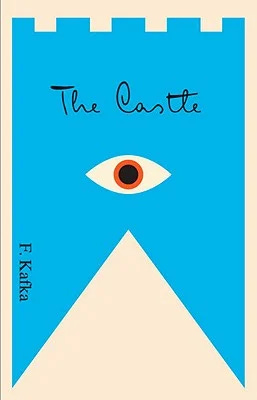

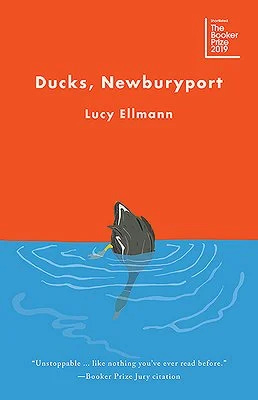
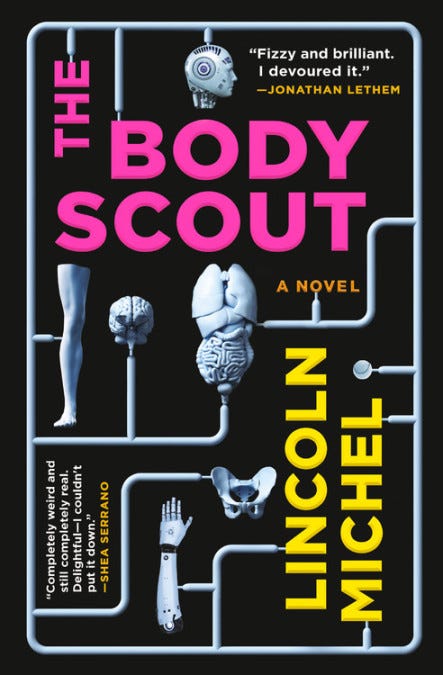
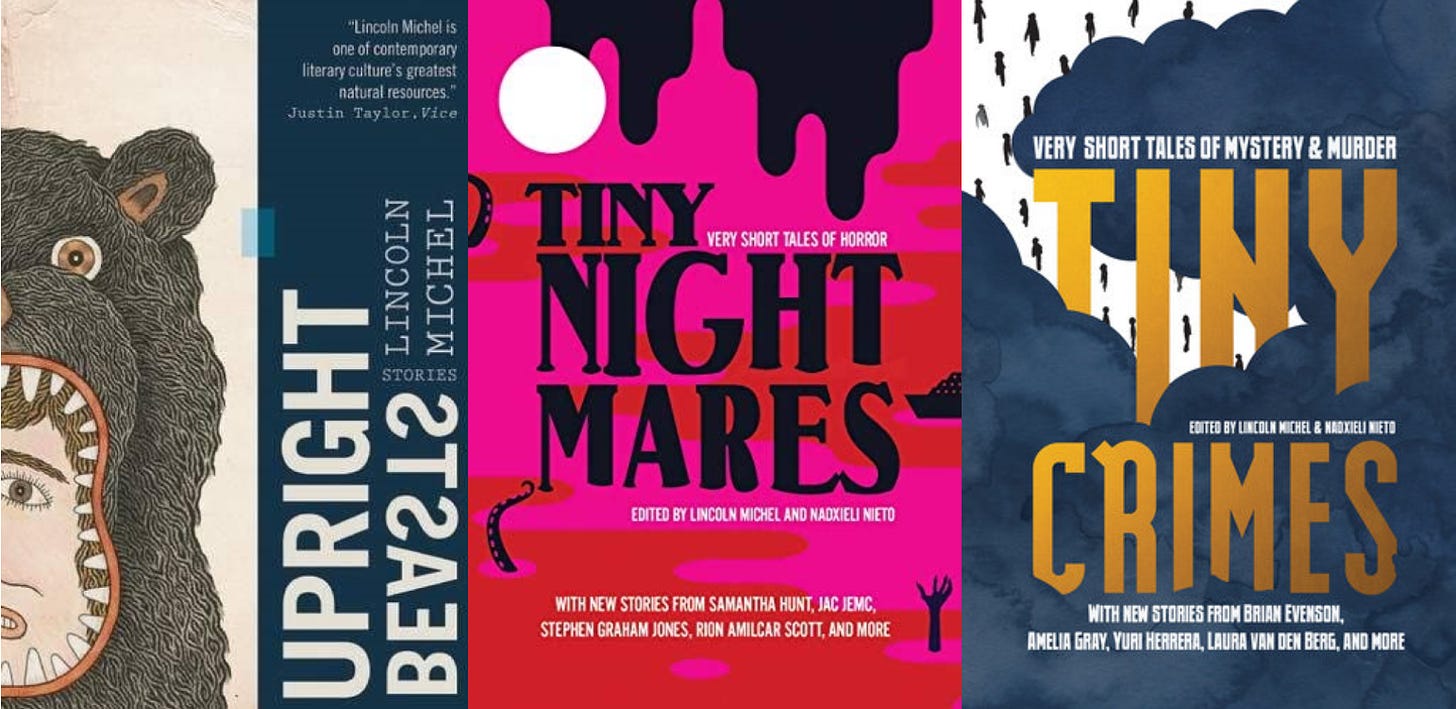
Feels like Flann O'Brien's The Third Policeman belongs here too? Hell is just a shaggy dog story that never ends?
I love, love love The Mezzanine (one of my favorite novels in the world!!!!!) for exactly the same reasons you described. The concept of the novel, stated plainly, seems absurd and hardly worth publishing: a young man at an office job runs errands on his lunch break. The novel, in fact, takes place almost entirely during his lunch break. There are pages devoted exclusively to him observing an elevator.
And yet…the novel is incredible, stylistically so innovative and daring and interesting. The style carries you as a reader and makes you interested and invested in wherever Baker takes you—and he does take you to places that reflect on youth, aspiring to be a different self, trying to understand reality, trying to understand yourself.
I'd actually say that Thomas Bernhard's Old Masters is similar. The novel takes place while one man is waiting for another man to join him at a museum. The reader is carried along by Bernhard's idiosyncratic, remarkable voice to reflect on love, friendship, loss, etc etc—all the great themes of literature! These kinds of novels are my favorite, because they really show how a striking voice can establish great trust in a reader. A reader will go anywhere and encounter anything if the writing is striking enough.